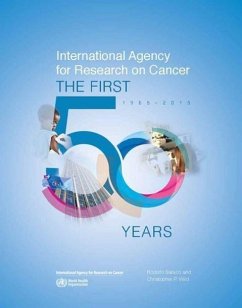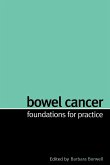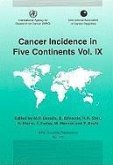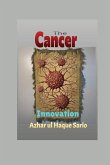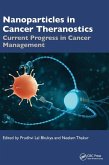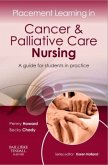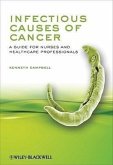Since its creation in 1965 as the specialized cancer agency of the World Health Organization, the International Agency for Research on Cancer (IARC) has conducted research worldwide and helped thousands of cancer researchers from developing countries hone their skills through fellowships, courses, and collaborative projects. This book charts the birth of IARC during the 1960s--a period of great optimism for international cooperation and medical science. It goes on to describe the Agency's major achievements over the past five decades in terms of the development of tools for conducting cancer research, the identification of risk factors, and the evaluation of preventive interventions. By examining IARC's history, the authors illustrate how, despite the changing landscape of cancer research, the original vision continues to be a valid response to the needs for cancer prevention and control worldwide. This is ever more the case as the disease burden falls more heavily on developing countries, and international collaborative studies are increasingly relied upon to address national priorities for cancer control.
Bitte wählen Sie Ihr Anliegen aus.
Rechnungen
Retourenschein anfordern
Bestellstatus
Storno

